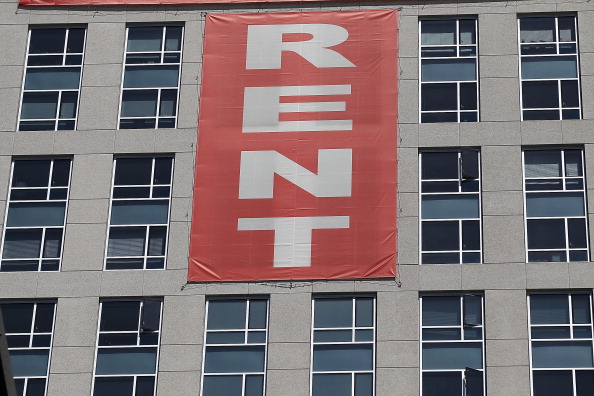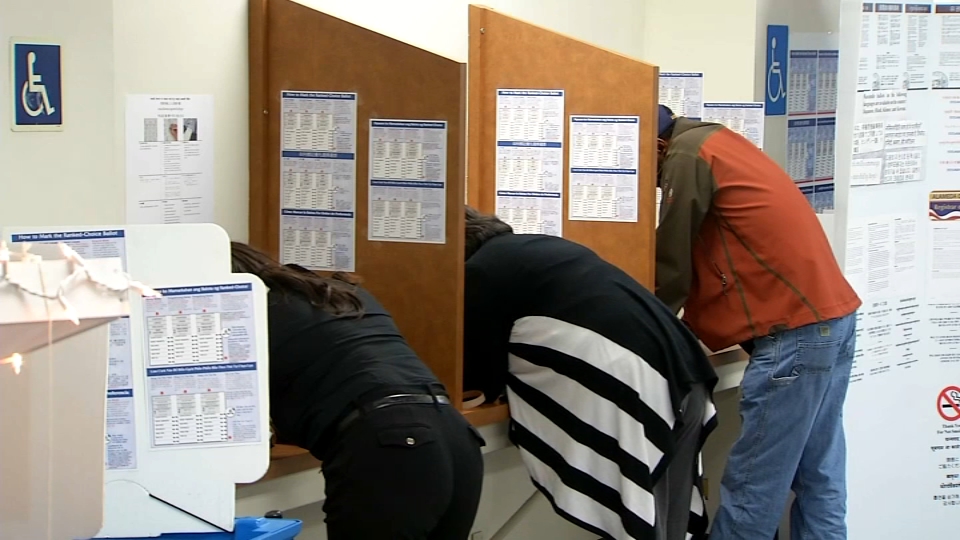California currently taxes commercial and industrial properties based on the purchase price. Proposition 15 would change that, taxing those properties based on the current market value.
Proponents argue it makes large corporations pay their fair share of taxes. Opponents say it will actually hurt small businesses.
According to proponents, the change would raise $11.5 billion per year for schools and local government services.
"Prop 15 is something that would concretely bring services and resources to the community that need it most," Maria Noel Fernandez, the deputy executive director of Working Partnerships USA, said.
Fernandez said Disneyland is a good example because it pays property taxes on a 1975 land value. If it paid market value, it would be an extra $19 million a year, Fernandez claims.
"Disneyland enjoys its tax breaks and schools are short-changed from not getting this money while they increase prices every single year," Fernandez said. "So that’s what we’re talking about."
Those in support of the proposition say 92% of the tax revenue would come from the top 10% of the largest corporations in the state.
"It's about darn time for corporations to pay their fair share so we all get the resources we deserve and need," Fernandez said.
The Silicon Valley Organization is against Prop 15. CEO Matthew Mahood said the tax increases on commercial properties would lead to increases in rent for small businesses since many of them lease.
"Ultimately it’s passed down to small- and medium-sized businesses that are currently struggling and then ultimately passed down to the consumer," he said.
Prop 15 wouldn't affect taxes on homes or farmland. Businesses that own less than $3 million in property would also be exempt.
But Mahood said another major issue is that the new revenue would mostly go to local government, not schools.
"Proponents are trying to sell this as a tax increase that will help improve education, where less than 40% of the money would go to education," he said.
If passed, Prop 15 would go into effect at the beginning of 2022.



